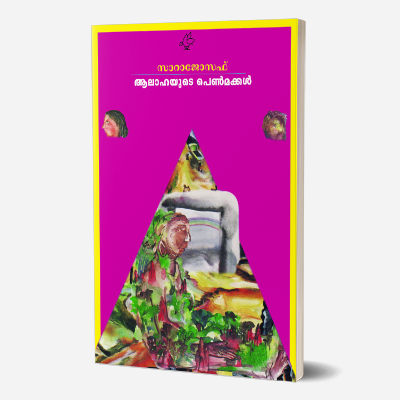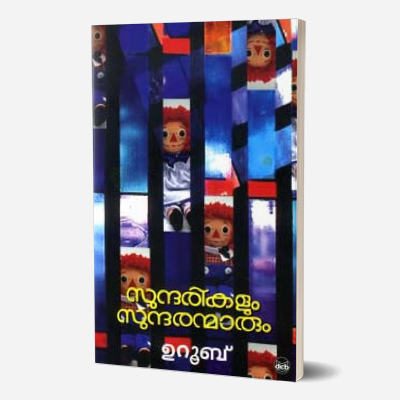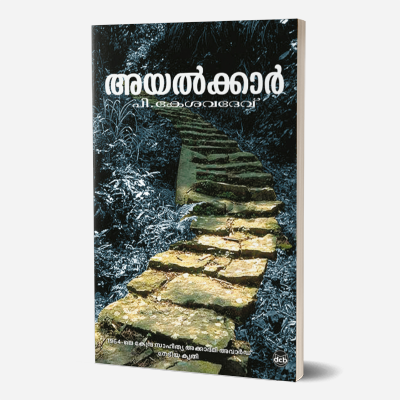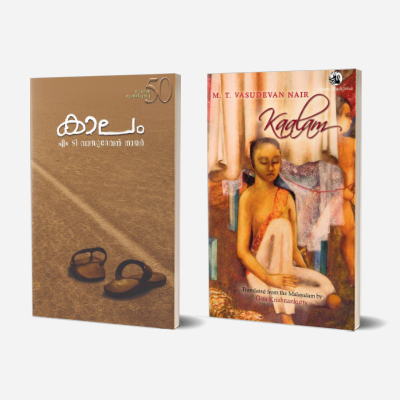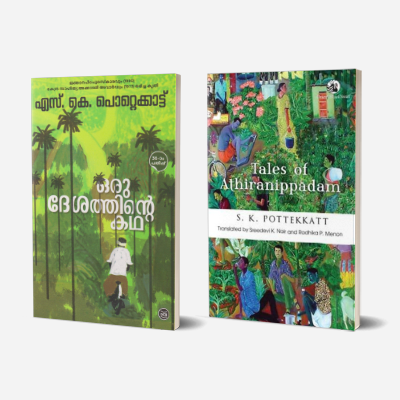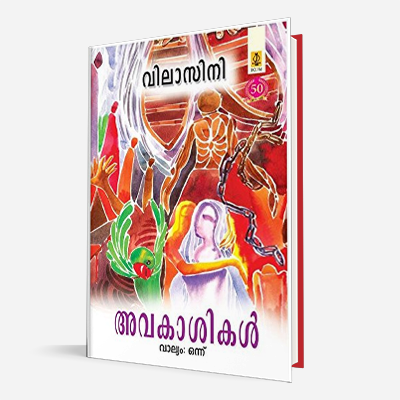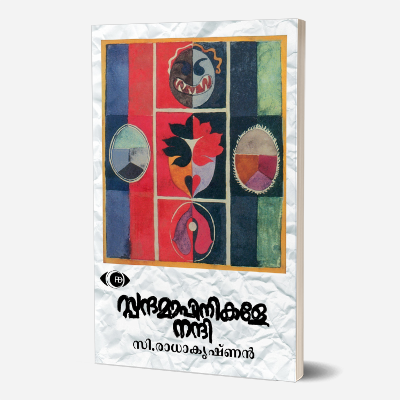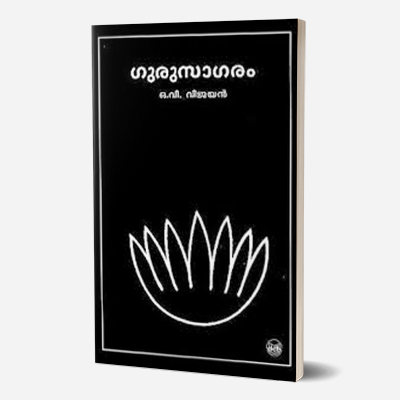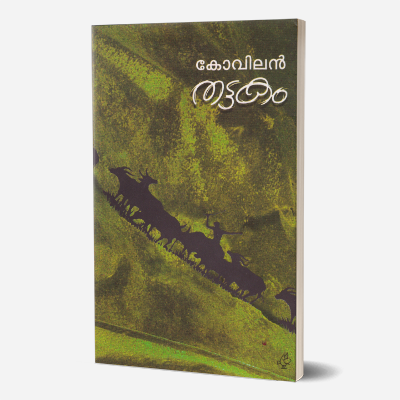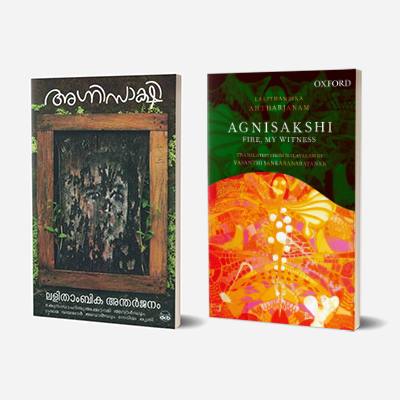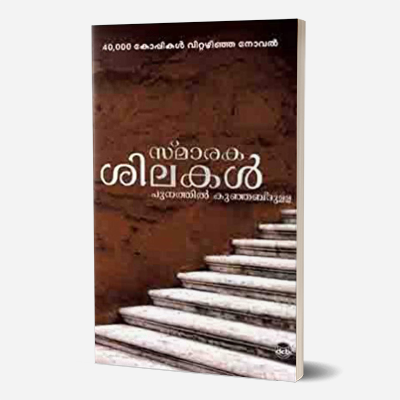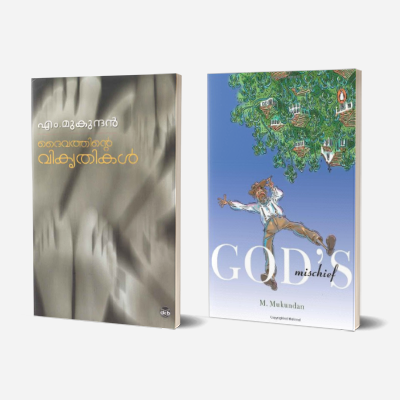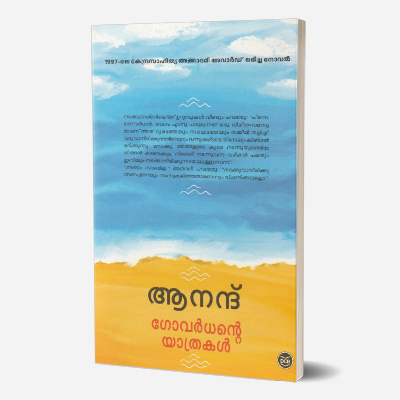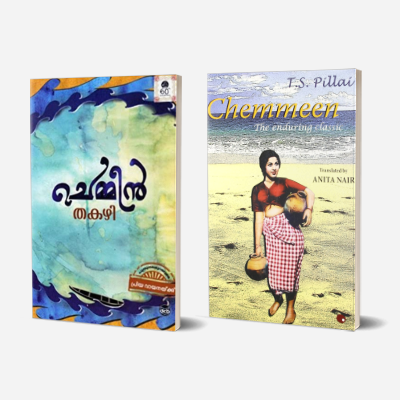Aalahayude Pennmakkal
By Sarah Joseph
The novel is the first in the trilogy, which includes Maatathi (2001) and Othappu (2003). The novel deals with the condition of marginalized groups in society. The living and existential conditions of these groups are seldom acknowledged by the society at large and generally they are displaced from their places of stay and livelihoods, usually in the name of development and change. The transformation in their existential struggle is narrated by Annie, the central character, who gives voice to three generations of her subaltern group albeit with a feminist perspective. It won three major awards—Kerala Sahitya Akademi (2001), Kendra Sahitya Akademi Award (2003) and Vayalar Award.
About the Author
Sarah Joseph is an eminent Malayali novelist, short-story writer and social activist. Joseph has been at the forefront of the feminist movement in Kerala and is the founder of Manushi (organization of thinking women). Her works are essentially liberalistic and convey the sentiments of various oppressed groups. Her collection of short stories Paapathara is considered a milestone in feminist writing in Malayalam.
Also read
Othappu
Translated into English as Othappu: The Scent of the Other Side by Jancy James
The third in a trilogy of novels-the other two being Aalahayude Pennmakkal (1999) and Maatathi (2001)—Othappu is set in the Kerala Christian community, which splits broadly into Roman Catholics, Syrian Christians, and Charismatics who emphasize free worship and faith-healing.It raises important issues revolving around a self-consciously religious society: the role of piety, spirituality, family, sexuality, and the freedom of the individual or the lack of it. Peppered and layered with Biblical quotations and allusions, and carrying echoes and subtexts that parallel events in the New Testament, the novel gives us rare glimpses of Malayali Christian society. Literally meaning outrage or scandal directly linked with breaking sexual codes of behavior, Othappu is a crucial text chiefly because the socio-psychological implications of convent-life, its contradictions and conflicts, and female subjectivity in the Malayali Christian culturescape have rarely been discussed in Indian fiction.
Aathi
Translated into English as Gift in Green by Valson Thampu
An eco-spiritual search for light and life in a world inching towards dystopia, Aathi is a tantalizingly unconventional narrative that explores, on multiple levels, the pain and poetry that eventuate from the disruption of the intimate relationship between a people and their life-world, using water (the ‘water-life’ of the people of Aathi) as the overarching metaphor that mirrors the degradation of the society. Between the polarities of attachment and abandonment, darkness and light, predatory progress and the sheer will to survive, unfolds the saga of a people confronted by the behemoth of progress driven by Kumaran, who seeks to abandon water-life, threatening its very existence. But such is the author’s faith in the resilience of life and nature and her belief in the futility of trying to control something as fluid and eternal as water-life that what promises to be the end is also the hope of a new beginning.
